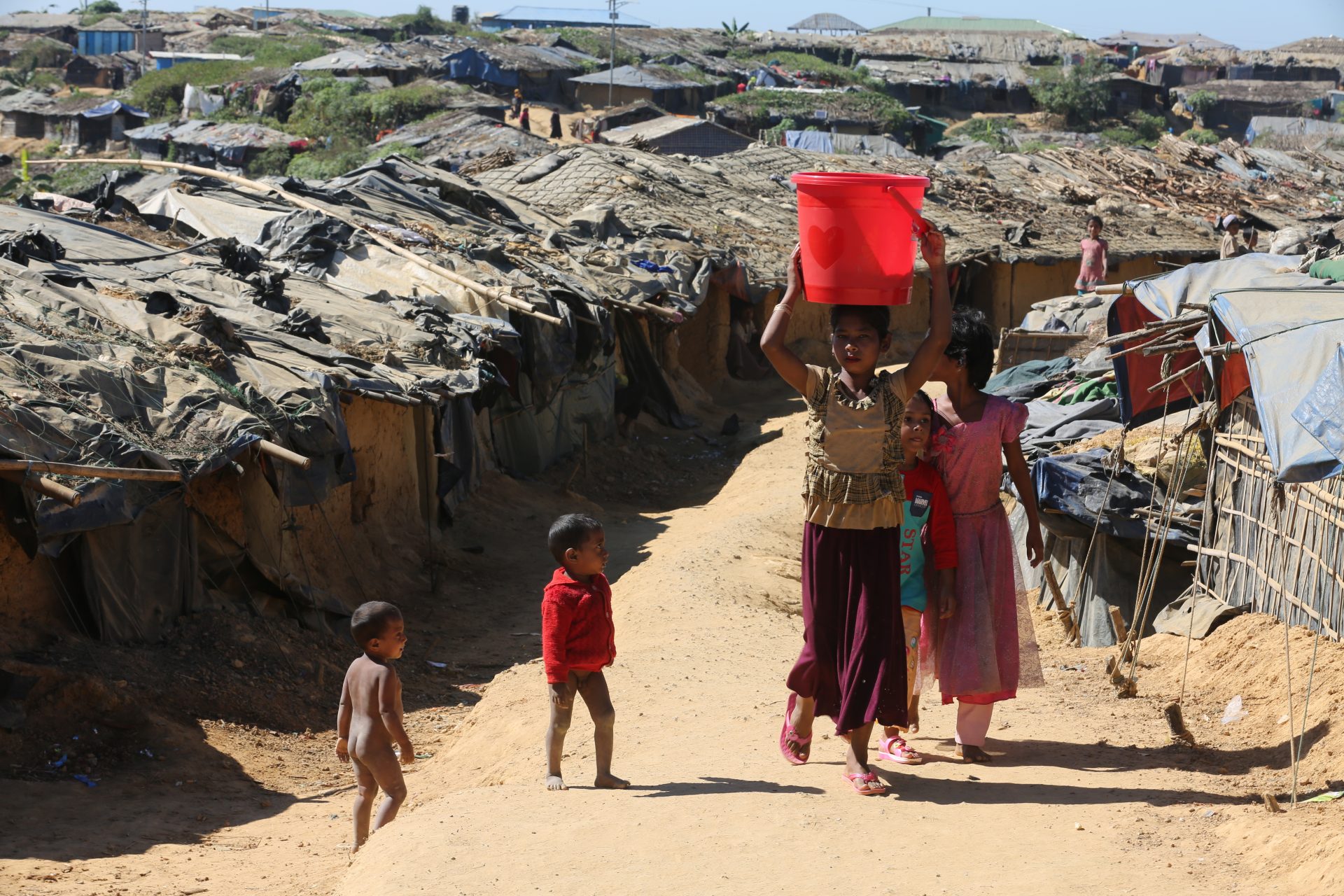Human Rights Watch criticized sharply on Thursday a plan to return Rohingya refugees from Bangladesh to Myanmar, saying it poses “grave risks” to their lives and liberty.
Bangladesh is home to about a million Rohingya, most of whom fled a 2017 military crackdown in Myanmar that is now subject to a United Nations genocide investigation.
The two countries are looking to return around 1,100 people in a pilot project in the coming weeks even though the UN has said repeatedly the conditions are not right.
“Bangladesh authorities shouldn’t forget the reasons why Rohingya became refugees in the first place, and recognise that none of those factors have changed,” HRW said.
“Bangladesh is frustrated with its burden as host, but sending refugees back to the control of a ruthless Myanmar junta will just be setting the stage for the next devastating exodus,” the group said in a statement.
About 600,000 Rohingya in Myanmar’s Rakhine state are confined to squalid camps and villages that leave them vulnerable to extreme weather events such as the recent Cyclone Mocha, it added.
That storm tore through Myanmar on Sunday and killed at least 81 people, according to statements given by local leaders and officials to AFP, as well as state media tallies.
This month 20 Rohingya visited two resettlement camps in Rakhine where the Myanmar junta plans to house them.
AFP spoke to several who were part of the visit and they expressed major misgivings, particularly following the cyclone, which has devastated Rakhine.
“We are not ready to take a single step towards Myanmar. The arrangement they made for us isn’t enough for our safety. We also have not got any justice for the persecution done to us before,” said 38-year-old Hafiz Solaiman.
“We don’t trust the Myanmar government one percent.”
A second man, Ullah, who did not want to give his full name, said Myanmar’s army had made no attempt to save his relatives from Mocha.
“What they have built for us there has now been hit by the cyclone,” he added.
Mizanur Rahman, Bangladesh’s refugee commissioner, rejected any claims of coercing the Rohingya to return or not consulting them.
“The repatriation is voluntary,” Rahman told AFP. “The HRW claim is untrue.”







